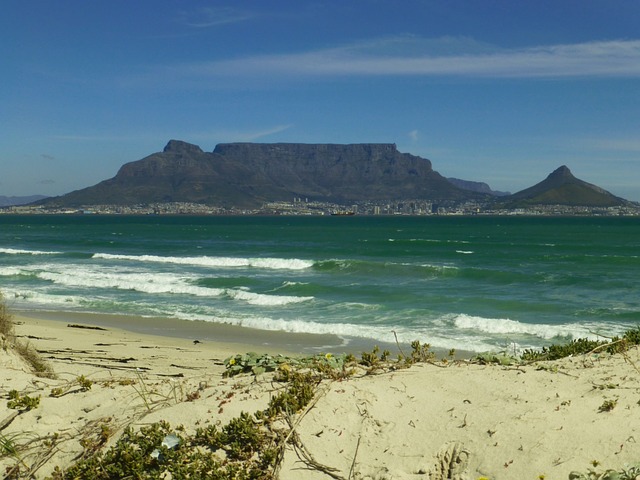Residents involved in the Cape Town tourism industry as well as the provincial government are rising against the latest Tourism Amendment Act, as it may negatively affect the city’s tourism sector.
The new act seeks to have short-term private home rentals legislated under the Tourism Act as a way to regulate Airbnb activity after a number of complaints from local businesses poured in.
“Wesgro is working with the Western Cape government to provide comment on the bill. This process is still ongoing. The tourism sector in the Western Cape supports over 300 000 jobs, contributing tens of billions of rand to the provincial economy. Our top priority will be to ensure that the sector continues to thrive, so that even more people can access opportunities in the province. We will not support regulations that do not achieve this objective,” said Wesgro chief executive Tim Harris to Hospitality Times.
The Tourism Amendment Bill was published for public comment in April, if it is signed the minister of tourism will be able to enforce a number of thresholds when it comes to Airbnb rentals.
These thresholds could include limitations on the number of nights guests will be allowed to stay as well as how much money an Airbnb host will be able to earn. This is being done in an effort to allow all accommodation establishments their fair share of income.
The Federated Hospitality Association of SA argues that unregistered accommodation establishments marketed via Airbnb should be under the same regulations that are applied to the official tourism sector.
Cape Town Tourism chief executive Enver Duminy said that the bill in its current form suggests that the tourism minister may have the power to put in place regulations.
Many are worried these changes could simply end up costing visitors of Cape Town far more money in order to stay in the City as well as create an administrative nightmare for Airbnb and B&B operators.
Airbnb is growing because it reflects the way people live, work and travel today and while travel on our platforms accounts for less than 1 in 8 visitors to South Africa, studies show those guests have boosted the economy by R8.7 billion (roughly $678 million USD) and helped create 22 000 jobs last year alone.This healthy and sustainable tourism model – with hosts also keeping up to 97% of the price they charge to rent the space – is transforming local economies and makes Airbnb fundamentally different to businesses that take money out of the places they do business in.” said an Airbnb spokesperson.
Picture: Pixabay

